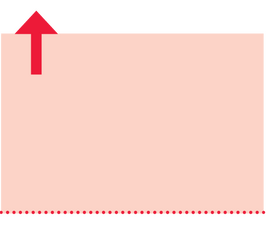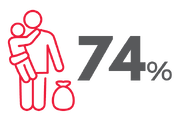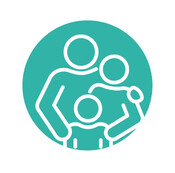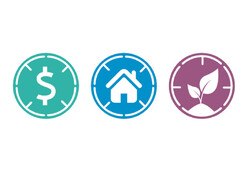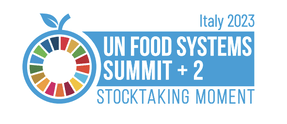Sustainable Development Goals 1 and 2
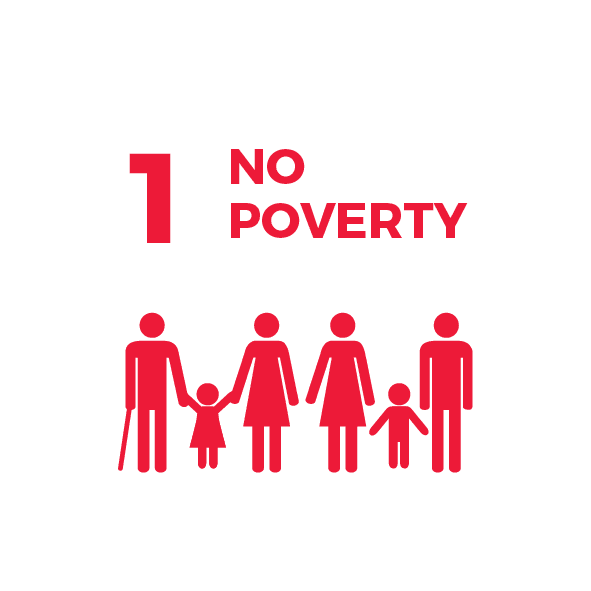
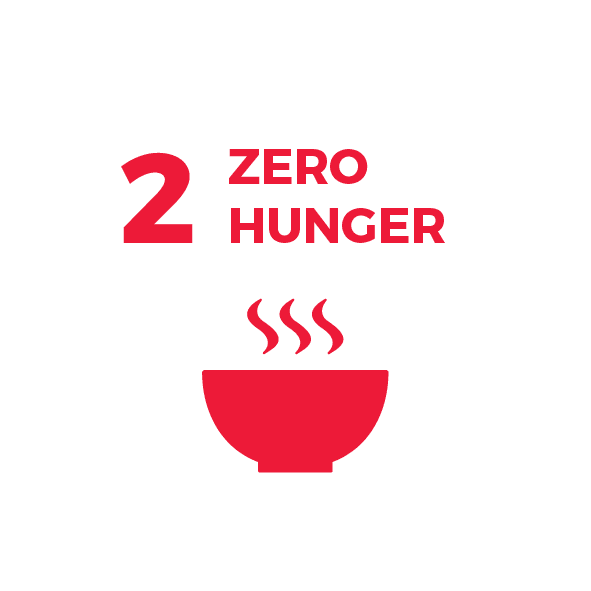
WWP TARGET:
About one in 6 children live below the poverty line, by 2030 less than 1% will be.
ACHIEVING OUR TARGET
MEANS THAT:
Our children can thrive because none are hungry at school or cold at home. They can afford to participate in social, artistic, cultural and sporting activity, and none of our children are hungry.
The impact of the COVID-19 pandemic reversed the steady progress of poverty reduction over the past 25 years. This unprecedented reversal is being further exacerbated by rising inflation and the impacts of the war in Ukraine.
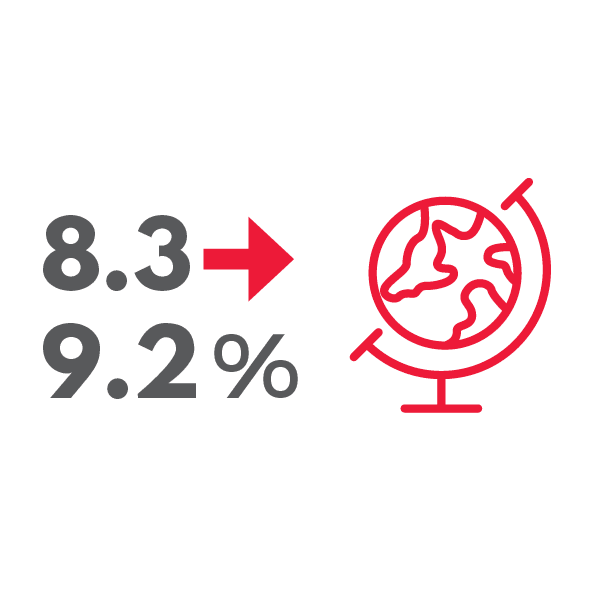
GLOBAL POVERTY RATE 2019-2020
First increase since 1998

Global Workers Below Poverty Line 2019 – 2020
More than 8m more workers
pushed into poverty
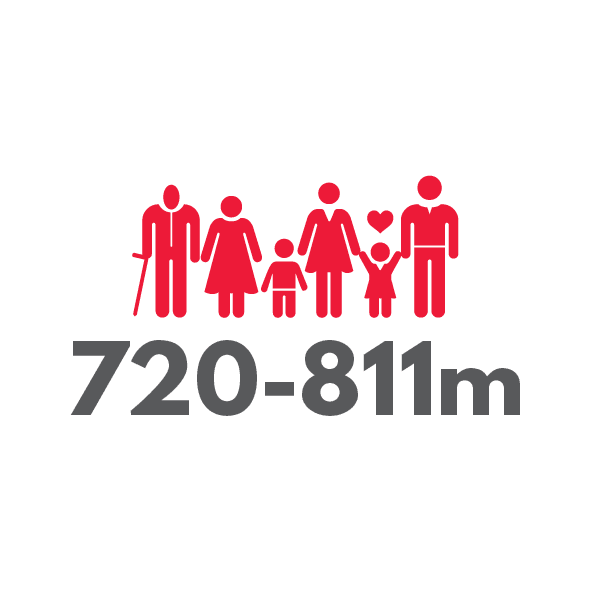
People worldwide suffering hunger

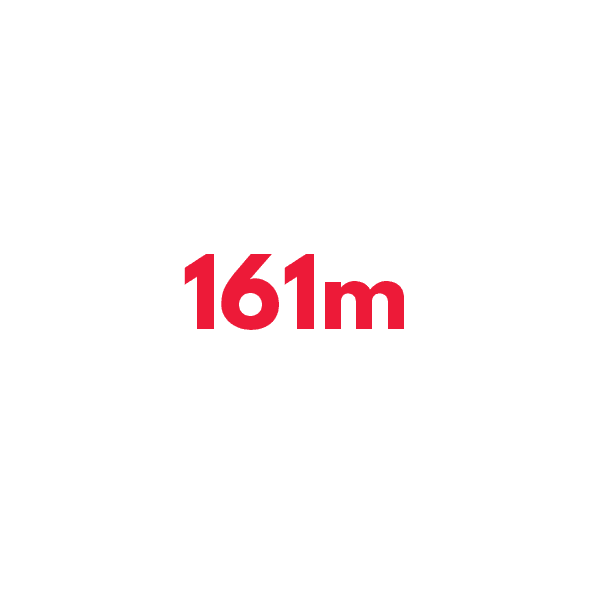
MORE PEOPLE THAN 2019
Te Tai Waiora Wellbeing in Aotearoa | New Zealand 2022 reports that the proportion of people in material hardship has been declining since 2012, as measured by the Material Wellbeing Index (MWI).
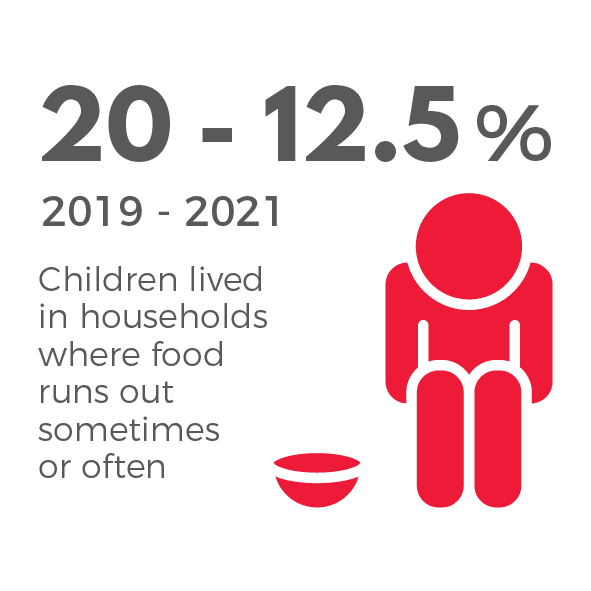
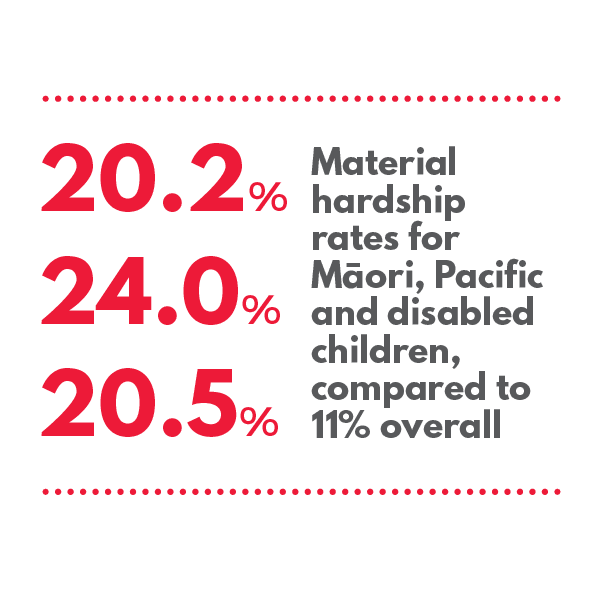

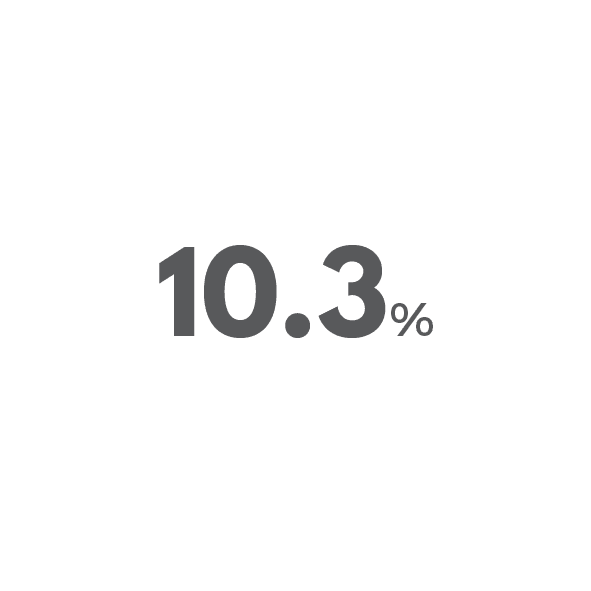
Rate of severe material hardship
for disabled children

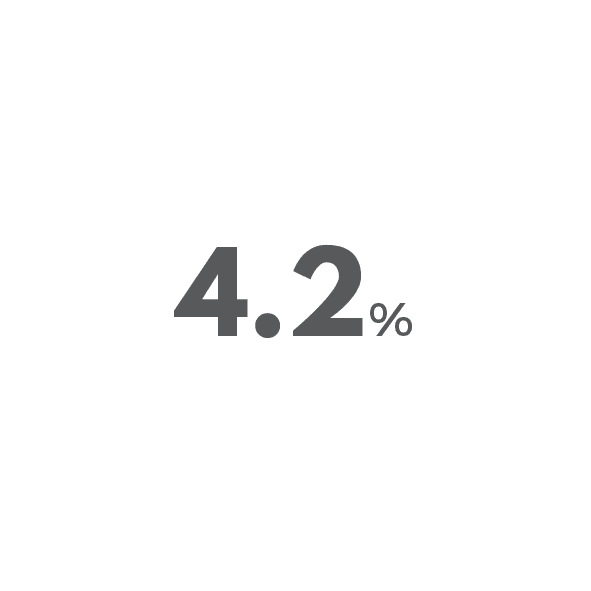
for non-disabled children
Specific regional data for hunger and poverty is limited, however the information available shows persistent deprivation, poverty and hunger are significant issues in parts of the region. COVID-19 and inflation has particularly affected poverty and lack of access to good food.
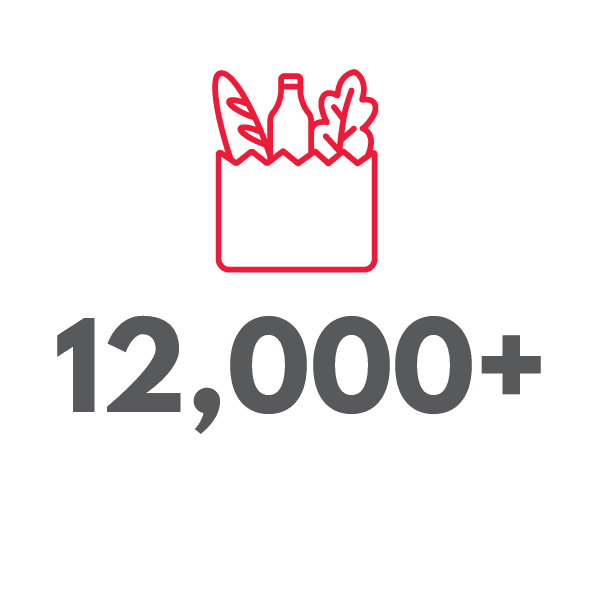
Approximate food parcels and meals provided in the Hamilton area each week

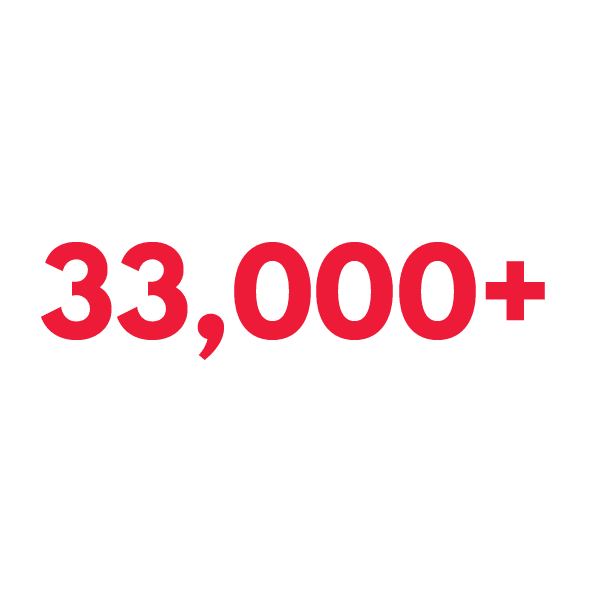
Approximate number of regional households where food choices are limited to produce of low quality and nutritional content
Residents in South Waikato
are experiencing severe socioeconomic
hardship (2021)
POVERTY AND HUNGER INDICATORS
Tell me more about this
i. An adequate description of the dataset
This report presents Waikato regional and territorial local authority results from a survey undertaken in parallel with the 2022 Quality of Life Survey (a collaboration between nine New Zealand councils including Hamilton).
ii. The source(s) of information
Waikato Regional Council
https://www.waikatoregion.govt.nz/services/publications/tr202249/
iii. The date when the data was collected and the expected update frequency
November 2022
iv. Any use or publication restrictions, including cultural restrictions
None
v. A contact person or organisation
www.bps.waikatoregion.govt.nz/online-services/new/RequestForService/step/1?Subject=Policies,planningandstrategies
vi. Any quality/data health warnings
No
Tell me more about this
i. An adequate description of the dataset
A set of indicators which measure the Waikato region’s progress by identifying our current situation and trends across each of 32 key economic, environmental and social aspects.
ii. The source(s) of information
Waikato Progress Indicators:
https://public.tableau.com/app/profile/waikato.regional.council/viz/WaikatoProgressIndicatorsDashboard_16862300344780/INTRODUCTION
iii. The date when the data was collected and the expected update frequency
May 2023
iv. Any use or publication restrictions, including cultural restrictions
None
v. A contact person or organisation
www.bps.waikatoregion.govt.nz/online-services/new/RequestForService/step/1?Subject=Policies,planningandstrategies
vi. Any quality/data health warnings
No
Tell me more about this
i. An adequate description of the dataset
This report provides insights into the progress and efforts being made to transform food systems worldwide. In addition, inputs from the UN system and the Food Systems Ecosystem of Support and the stakeholders have been sought out. The analysis of these inputs has informed this report.
ii. The source(s) of information
Making food systems work for people and planet UN Food Systems Summit +2. Report of the Secretary-General.
https://www.unfoodsystemshub.org/docs/unfoodsystemslibraries/stocktaking-moment/un-secretary-general/unfss2-secretary-general-report.pdf
iii. The date when the data was collected and the expected update frequency
2023, 2025
iv. Any use or publication restrictions, including cultural restrictions
None
v. A contact person or organisation
FSS-Hub@fao.org
vi. Any quality/data health warnings
No

